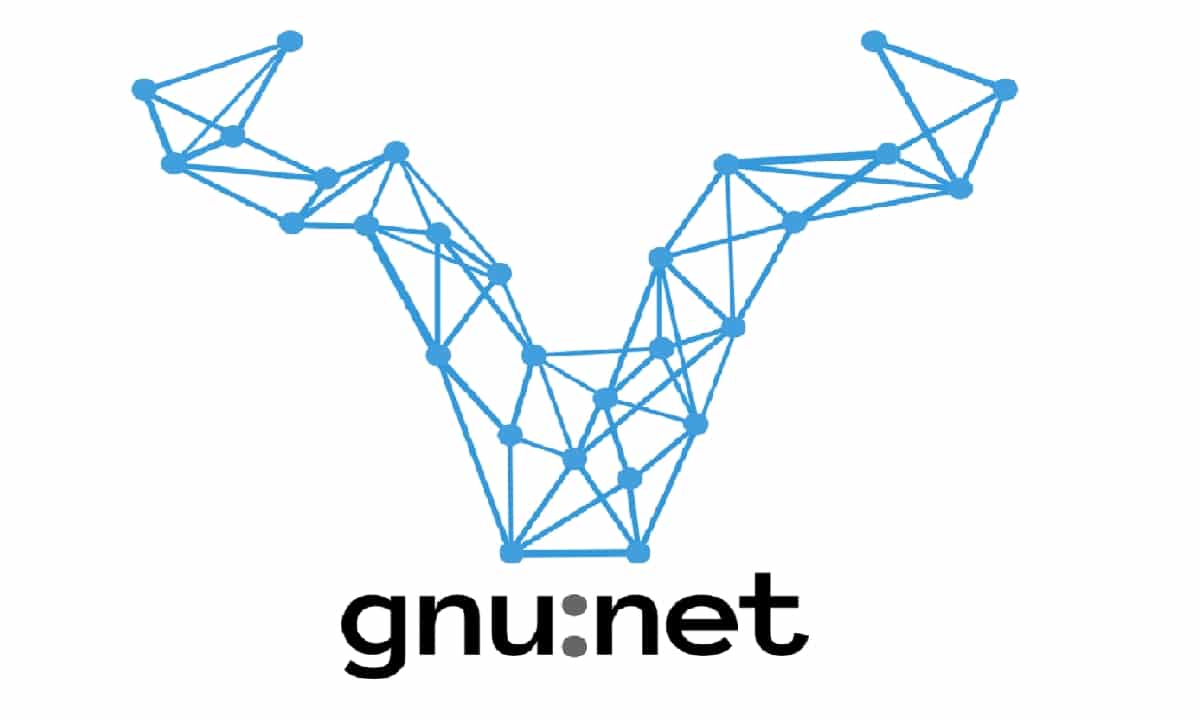
GNUnet is still alive, as are the P2P (Peer-to-Peer) file sharing networks they have not died. Despite the platforms that have been closed, or the programs that have been abandoned and that were very popular in the past, these types of sharing protocols continue their course and many users use them for sharing.
With the GNUnet project you will have a framework to create these decentralized networks in a secure way. It is a software that was written in C (currently Python), open source, free, free, and under the GNU umbrella. The objective is to implement a program for decentralized P2P networks, with security thanks to encryption at the network layer and resource location.
With GNUnet you can create these networks, guaranteeing privacy of users and allowing data sharing, managing the network itself, monitoring and blocking possible abuses, guaranteeing data integrity, managing access nodes to the P2P network, etc. All this with a low consumption of resources compared to other similar projects.
GNUnet has had recent updates, and it is not a dead project like others. In fact, there was a huge overhaul to use Python (except gnunet-qr), taking advantage of this language. These changes have improved the functionality of this project.
For all this, some technologies They use this project as a base, like:
- VPN system to create hidden services with .gnu domain with IPv4 / IPv6 tunnels through P2P.
- GNU GNS domain names (DNS replacement), working decentrally and impossible to censor.
- Secureshare for decentralized social networks using PSYC protocol with end-to-end encryption.
- Easy Privacy for email encryption.
- Anonymous GNU Taler payment system (uses current currencies and known cryptocurrencies).
More information - GNUnet Official Website